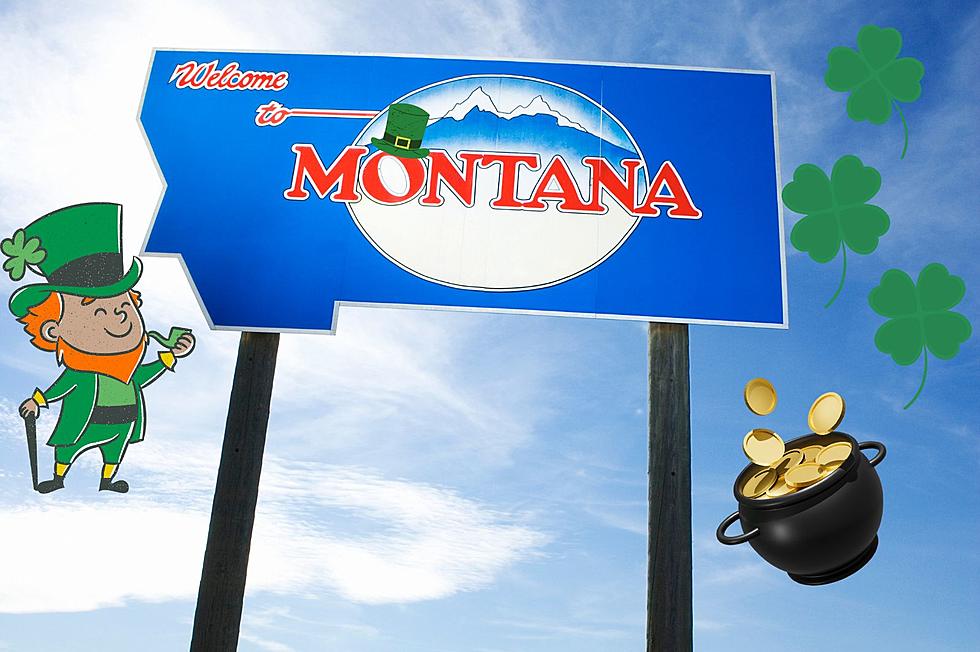
Do You Really Want To Be A Hyphenated American?
I was born and raised in a small southern Illinois farm town. It was a primarily German community. Growing up there I can’t remember a single person with a German accent.
There were no German celebrations, or German flags or even German food other than occasional German Chocolate Cake my mother used to make.
The point is that people who came to America didn’t come here to create a new, improved Germany. They came here to start a new life as Americans.
The learned the language, they didn’t insist local election ballots be in two languages or store signs be in German. They became Americans in every sense of the word.
Did Teddy Roosevelt Have It Right?
On October 12, 1915, Teddy Roosevelt gave the following speech to the New York City Knights of Columbus.
“There is no room in this country for hyphenated Americanism. When I refer to hyphenated Americans, I do not refer to naturalized Americans. Some of the very best Americans I have ever known were naturalized Americans, Americans born abroad. But a hyphenated American is not an American at all.”
“This is just as true of the man who puts “native” before the hyphen as of the man who puts German or Irish or English or French before the hyphen. Americanism is a matter of the spirit and of the soul. Our allegiance must be purely to the United States. We must unsparingly condemn any man who holds any other allegiance.”
“But if he is heartily and singly loyal to this Republic, then no matter where he was born, he is just as good an American as any one else.”
“The one absolutely certain way of bringing this nation to ruin, of preventing all possibility of its continuing to be a nation at all, would be to permit it to become a tangle of squabbling nationalities, an intricate knot of German-Americans, Irish-Americans, English- Americans, French-Americans, Scandinavian- Americans, or Italian-Americans, each preserving its separate nationality, each at heart feeling more sympathy with Europeans of that nationality than with the other citizens of the American Republic.”
“The men who do not become Americans and nothing else are hyphenated Americans; and there ought to be no room for them in this country. The man who calls himself an American citizen and who yet shows by his actions that he is primarily the citizen of a foreign land, plays a thoroughly mischievous part in the life of our body politic. He has no place here; and the sooner he returns to the land to which he feels his real heart-allegiance, the better it will be for every good American.”
Some Final Thoughts
If you ever have the opportunity to refer to me as a German-American be prepared for a correction. I have no problem with Germany or the German people. I’m sure they have a wonderful country with wonderful people. They just have nothing to do with me.
I don’t favor the separation of people into classes. I know people have been brainwashed to think politically correct and assume it’s a matter of pride but keep in mind it was originally an insult to the people being referred to in hyphenated form.
We are individuals. It’s what makes us special. Hyphenation takes away that individuality and assigns us to classes that might not accurately define who we really are to others.
Do you think of Charlize Theron as an African-American? She was born in South Africa. How about professional basketball player Steve Nash?
They don’t exactly fit the stereotype do they? And therein is the problem of hyphenation.
My advice is to do what I’ve done. Just eliminate racial or ethnic hyphenation from your vocabulary. Give people the respect they deserve by not labeling them.
More From KMMS-KPRK 1450 AM





![[POLL] Will You Got Back to Restaurants and Bars When They Open?](http://townsquare.media/site/8/files/2017/04/Adam-Berry.jpg?w=980&q=75)
![[POLL] Should wearing a mask in public be mandatory?](http://townsquare.media/site/8/files/2020/04/GettyImages-1213079528.jpg?w=980&q=75)
![[POLL] Will You Tune Into The Tom and Shane Saturday Show?](http://townsquare.media/site/8/files/2020/04/TomShaneFB.jpg?w=980&q=75)

